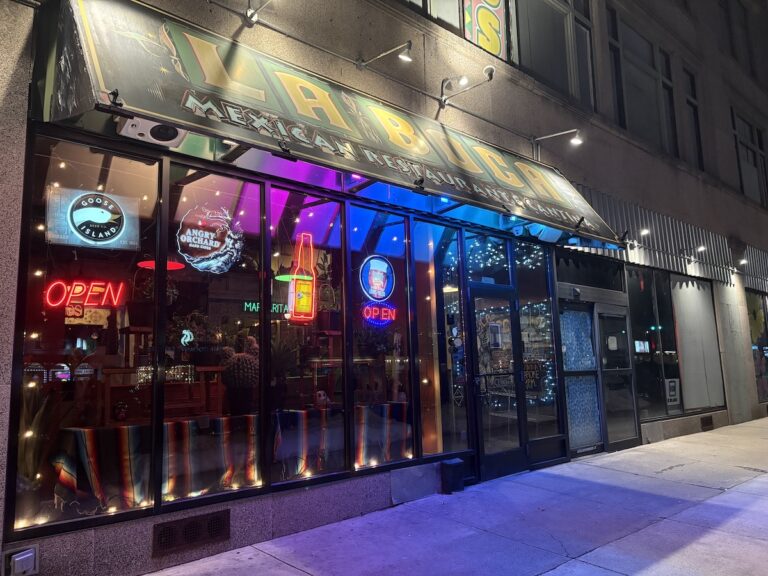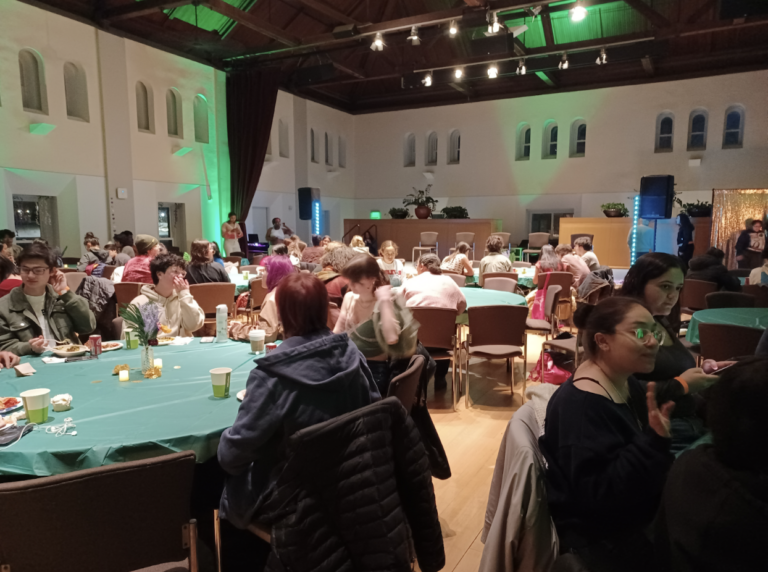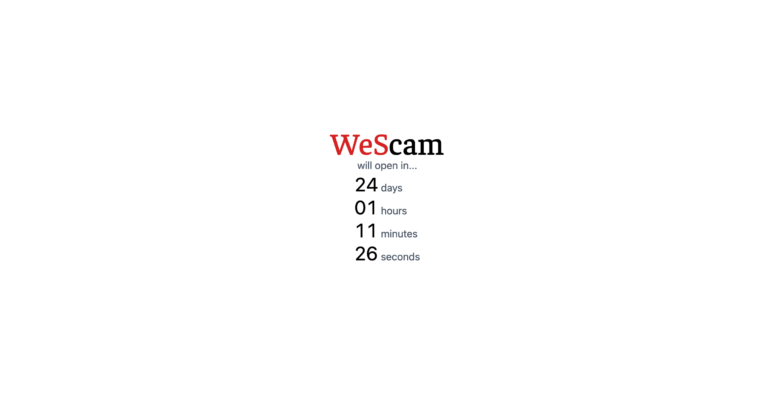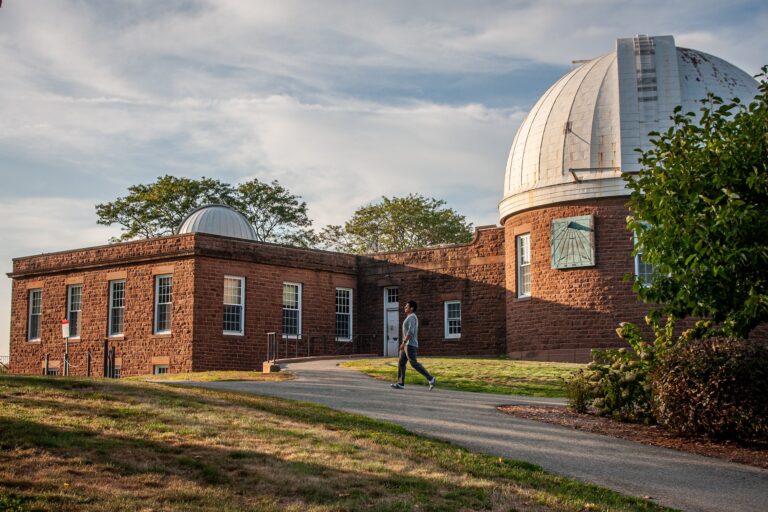Changes in Alcohol Policies Spread Across New England
Over the past few years, it has become apparent to many college students that an increasing number of universities are tightening their substance policies and regulations, most often in an attempt to reduce the rising number of alcohol-related accidents. When comparing the regulations between Wesleyan University and its peer institutions, it becomes clear that there is no consensus how to deal with underage drinking.
Most of the universities’ efforts seem to be aimed at reducing the most common and dangerous types of drinking, namely binge drinking. However, finding the balance in policies that are meant to help, but could incidentally encourage binge drinking by being too restrictive, is a difficult task.
Some argue that one way to discourage binge drinking would be to lower the drinking age to 18, a policy for which many professors and students publicly campaign. The Amethyst Initiative, founded in 2008, is the most vocal organization—a group of 136 college presidents and chancellors have signed a statement proposing to lower the drinking age for practical reasons, such as safety.
“Our experience as college and university presidents convinces us that 21 is not working,” says the organization’s mission statement. “A culture of dangerous, clandestine ‘binge-drinking’ has developed. Alcohol education that mandates abstinence as the only legal option has not resulted in significant constructive behavioral change among our students.”
Many of the members’ concerns are related to worries about their schools’ public images. The reputation of many schools have recently been blighted by the binge-drinking culture some say is encouraged by tight regulations. These concerns about reputation and image are reflected most directly in recent policy changes regarding open containers on campus.
“I feel as though Wesleyan has this bad habit of keeping up with the Joneses—that is, our peer institutions,” said Alexander Hoyle ’13.
Another example of this image-conscious attitude is apparent at the University of Massachusetts at Amherst. When UMass was listed as a member of the top 10 party schools in the nation a few years ago, the administration decided to crack down harder on underage drinking and other drugs. Students have since had difficulty holding dorm parties—previously a staple weekend activity—due to a stricter enforcement by resident advisors and other campus security.
“In Southwest—the area of campus known for being party oriented—there are police officers and security officials who continuously monitor the people entering the building,” said UMass student Vikrant Chandel.
Even situations in which students only seem to be intending to drink are taken more seriously than they were previously.
“A few doors down from me, a number of students were written up for having a makeshift table in the room,” Chandel said. “All the alcohol was hidden, but the RA said the table appeared to be for [beer pong].”
According to students, these newly re-enforced restrictions may not be entirely effective.
“UMass is trying to get rid of its party image,” said Anna-Sofia Rozental, another UMass student. “But honestly, people haven’t changed their drinking habits at all; they are just a little quieter about it.”
President Roth described a similar situation at Wesleyan. He recognized that even when P-Safe tries to be strict, underage students continue to drink. Roth also acknowledged that, despite the potential inefficacy of increased vigilance by P-Safe, the law requires officers to take action when they encounter illegal activity.
Trinity College has also recently undergone an enormous policy change in response to the growing number of alcohol-related incidents in recent years.
“Over the past two years, we have seen the number of students who have had to receive medical attention due to excessive drinking more than double, and we are hearing similar reports from peer schools in New England and across the country,” said Frederick Alford, Dean of Students at Trinity, in a campus-wide email.
Students were informed of these new guidelines and requirements, the most severe of which is the “social host policy.” Restrictions were placed on how many people can attend parties, the amount of alcohol that can be served, and the days and hours that events can be held. “Social hosts” must also be aged 21 or over. However, the school expressed a desire to work with students and not against them.
“We expect adherence to these policies will not be a game of cops and robbers, but rather a partnership among all of us in ensuring dignity, decorum, and discretion,” Alford said.
Confusingly, however, this first email was almost immediately followed by one with a a more lenient policy, allowing more people to be in attendance at parties and removing a ban on alcohol after 2 p.m.
The restrictions seemed to cause more problems than they solved.
“They limited the size of frat parties,” said Daniel Reynolds, a Trinity student. “This led to increased drinking in the dormitories, and as a result the number of Tcerts [transports to the hospital] actually grew. The frats also began opening for ‘sober’ late night’s, which caused even more drinking to be done in the dorms, as people realized they had to fit an entire night’s worth of drinking into one pre-game—clearly a recipe for disaster.”
The Trinity administration reformed their new policies, and the effects will continue to be monitored over time, potentially causing even more confusion.
At each school, policy enforcement is largely contingent on the campus’ form of security. Many schools have groups that act as independent police units and choose not to rely on local law enforcement. At Wesleyan, for example, Public Safety acts as the on-campus safety and security force, enforcing all of the school’s policies.
One particular restriction specific to Wesleyan is the open container policy, which states that even those students over the age of 21 cannot carry open containers of alcohol around campus.
“While the official rhetoric behind banning open containers on streets does have some legitimacy I’m sure, to me it seems abundantly clear that the main goal of the policy is in keeping up/maintaining appearances,” Hoyle said. “To be fair, it isn’t a good look for the school, but quite frankly I don’t care.”
When the rule was initially instated, there was a great deal of backlash, but students have slowly begun to adapt to the change.
“I think that this rule is fair [in regard to minors], since it’s not allowed by state law either,” said Hannah Rimm ’15. “But I do believe that once you are inside and of the legal age, you should have free range.”
Howeverm Hoyle, a brother of Psi U, was unhappy with how P-Safe handled an incident at the fraternity house this past Friday.
“Generally speaking, I have never had a poor encounter with P-safe, nor have I felt as though my partying rights were severely impinged upon,” he said. “That said, this past weekend, they were a little overzealous in breaking up events.”
There is one exception to this drinking rule, pointed out on the “Frequently Asked Questions” page online: individuals over 21 will be able to consume alcohol on Foss Hill during the daytime. There was much debate over implementing this rule two years ago, especially since similar policies are not enforced in many other schools. In fact, universities often have special areas for the over-21 crowd.
“On campus, there are social spaces and cafés that have drinks,” said Carly Carlin, a Dartmouth student. “And they will always check your ID.”
However, in comparison to University of Massachusetts at Amherst, Wesleyan’s open container policy is lenient. Amherst strictly limits the types of alcohol and even games that are allowed on campus.
“Quantity dispensing containers—including, but not limited to, kegs, punch bowls, and beer balls…drinking funnels, taps, ice luges or similar devices—are prohibited,” states the UMass Student Code of Conduct.
Melody Oliphant ’13 agreed that P-Safe’s enforcement must be taken in relation to other schools, and that their response changes depending on the situation and students at hand.
“In comparison to schools like Claremont McKenna College, where students can apply for funding from the University for kegs and openly host parties in dormitories, our enforcement seems rather strident,” Oliphant said. “However, in my years at Wesleyan, I have witnessed an increasing degree of geniality in Public Safety officers.”
Autonomous campus security forces, equivalent to P-Safe, have varying power, tasks, and effectiveness at different schools. John’s Hopkins University has the Hopkins Campus Police, referred to as “HopCops,” but also a force called HERO (Hopkins Emergency Response Organization), which can take ill or inebriated students to the hospital.
“We also have a student-community liaison who we all call ‘the shush lady,’” said Emily Glickman, a freshman at John Hopkins. “She helps out by telling people when the cops are coming and when parties are being broken up, and she even tweets and posts on Facebook.”
Lehigh University has a similar set up, with three levels of authority: officers in brown uniforms, called “Brownies,” who act as a patrol force on campus; the LUPD (Lehigh University Police Department), who can respond to calls from the “Brownies”; and the local police, who often get involved.
“Off-campus parties get busted by the Bethlehem (local) Police, which is much more serious than Lehigh’s police,” said Ciera Howard, a student at Leigh. “Three citations, and you can be suspended.”
Such policies reflect differences in both state and campus climates, and no two schools take exactly the same approach when dealing with the twin issues of underage and binge drinking. The only common theme in the policies of Wesleyan’s peer institutions was a dedication to pursue effective and realistic policies that will limit dangerous drinking on campus and off.







Leave a Reply